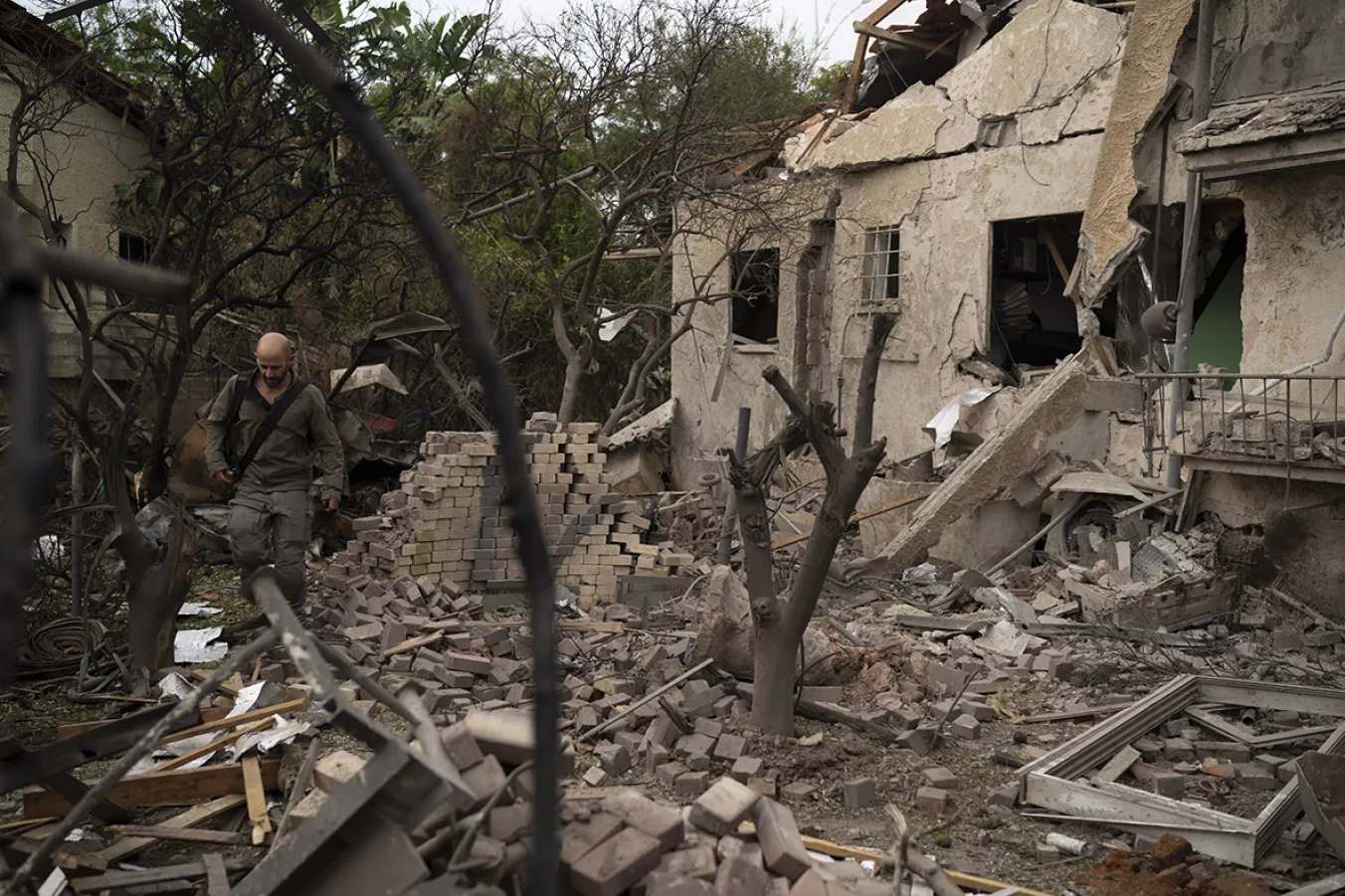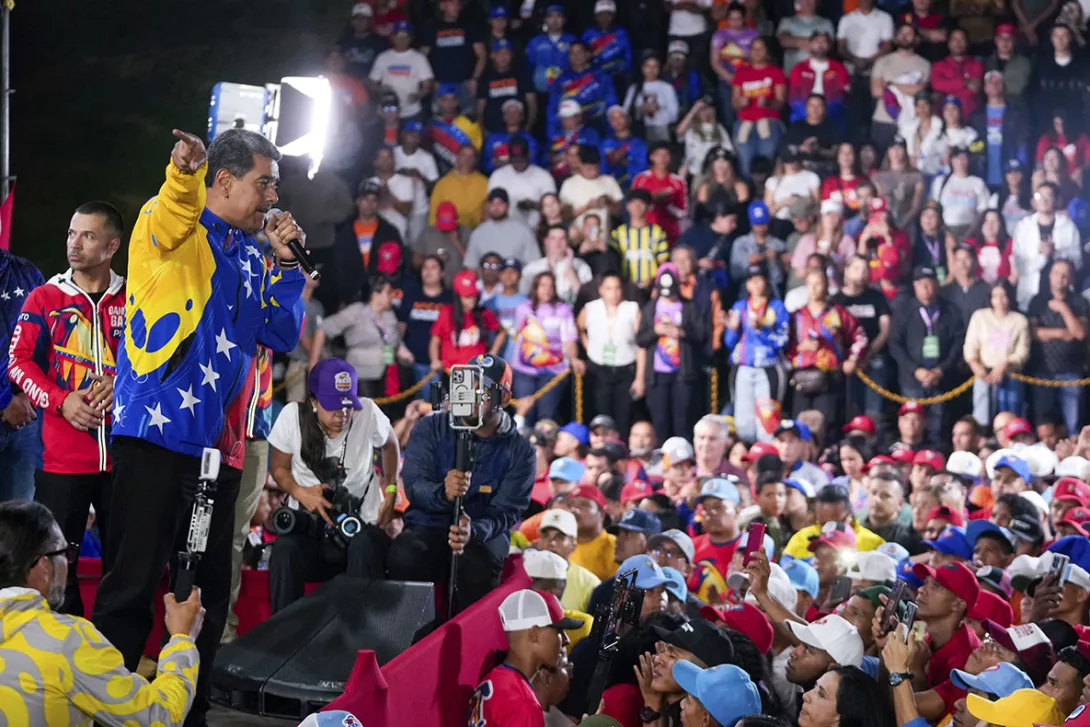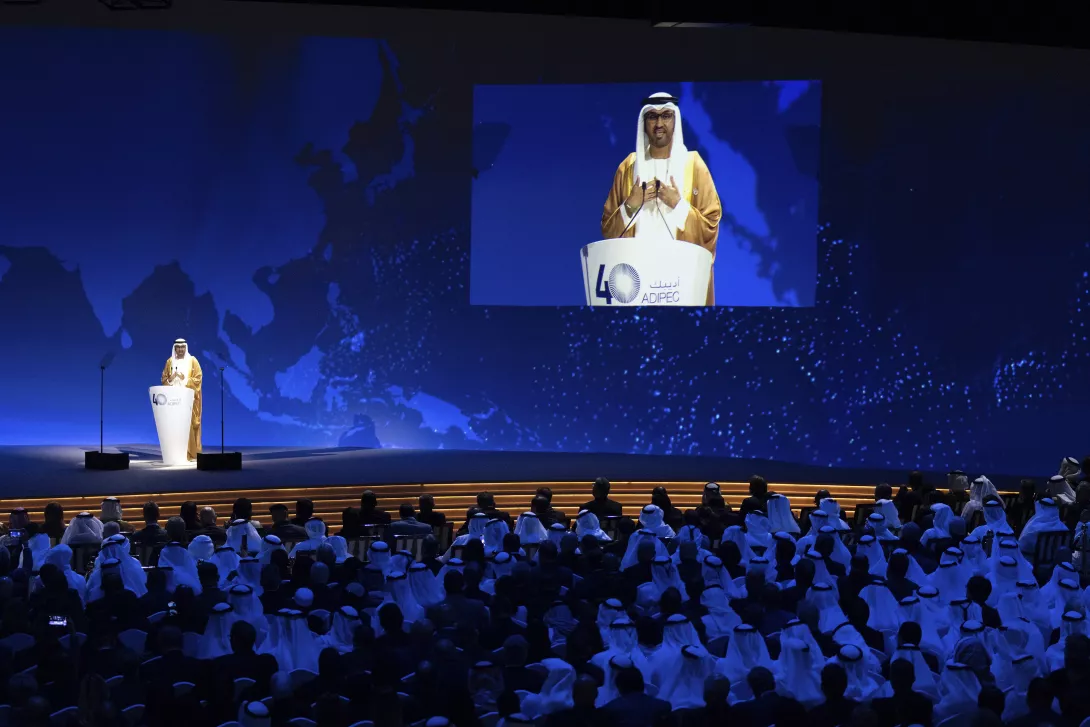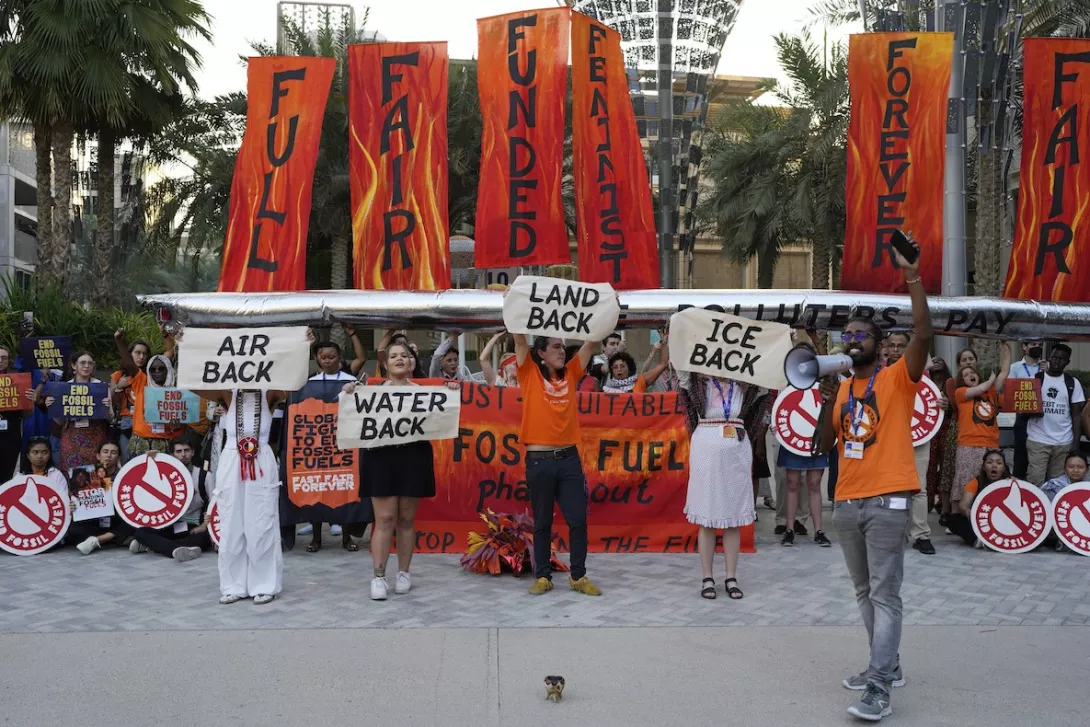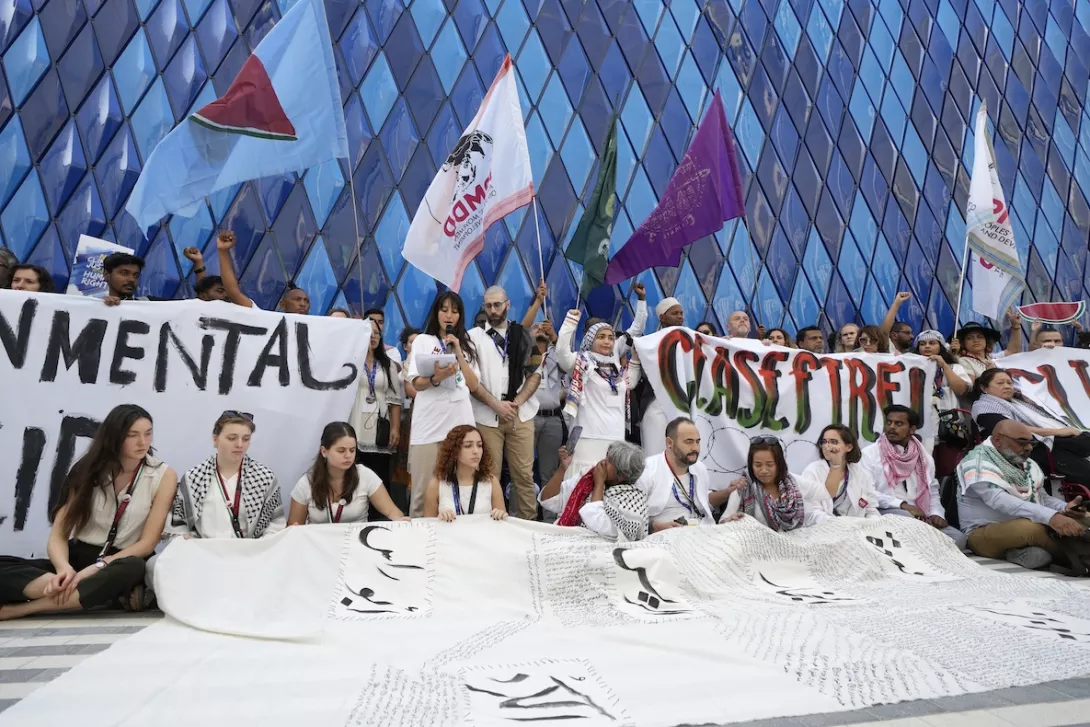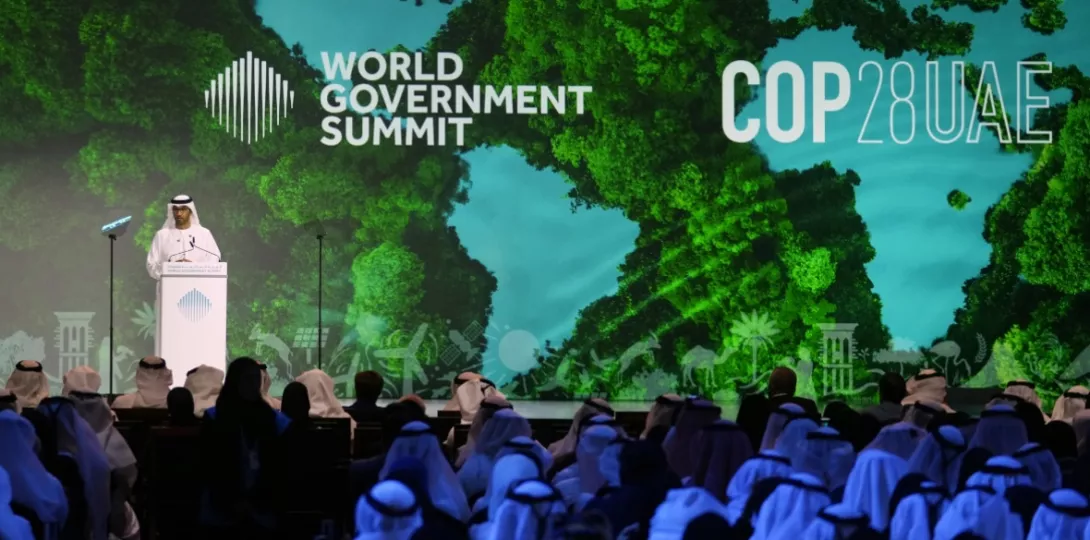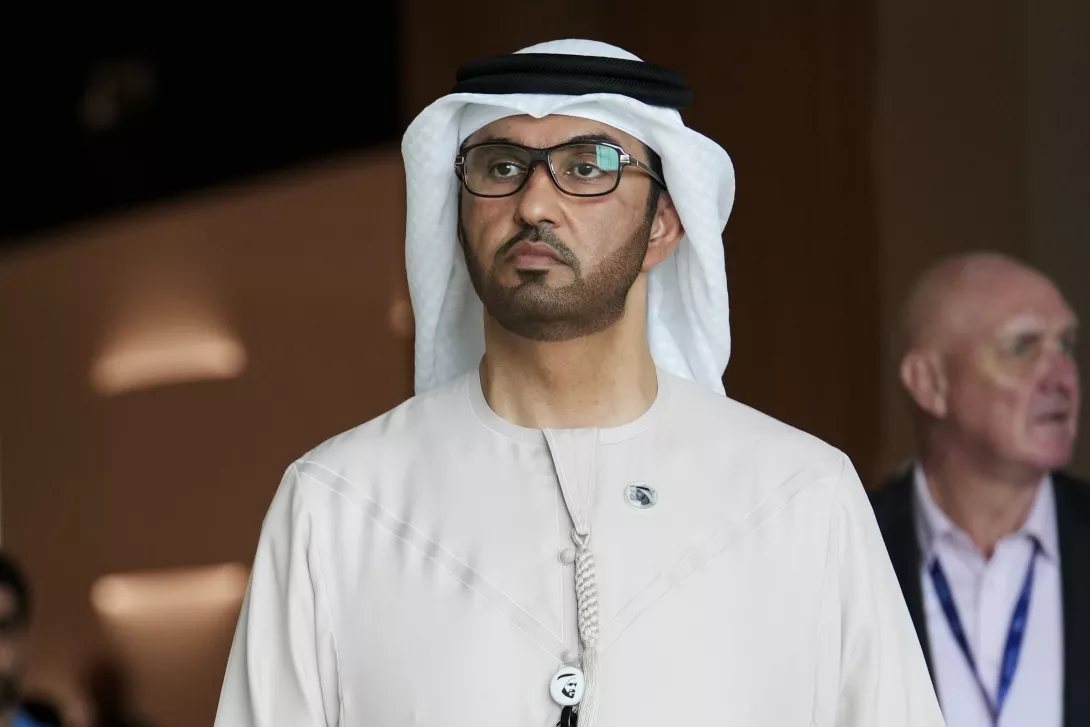
A REPORT alleging that the United Arab Emirates (UAE) aimed to use the United Nations Cop28 climate talks to strike oil and gas deals was strongly denied yesterday by the summit’s Emirati president-designate.
Sultan al-Jaber, who also heads the massive state-run Abu Dhabi National Oil Company (Adnoc), claimed that the allegations in a BBC report were “an attempt to undermine the work of the Cop28 presidency” in the run-up to the talks opening today in Dubai.
The report cited “leaked briefing documents” that, according to the broadcaster, shows that the Emirates planned to discuss oil, gas and renewable energy deals with several nations.
“These allegations are false, not true, incorrect and not accurate,” Mr Jaber told a news conference. “I promise you never ever did I see these talking points that they refer to or that I ever even used such talking points in my discussions."
The BBC did not immediately respond to a request for comment.
Immediately after Mr Jaber made his remarks, the Associated Press news agency received a fake press release saying that he had agreed to resign. Cop28 organisers with the UAE delegation later confirmed that it was false and that the president-designate would keep his role.
Each year, the country hosting the UN Cop (Conference of the Parties) negotiations nominates a person, usually a veteran diplomat, to chair the event.
The nominee’s position as Cop president is confirmed by delegates at the start of the talks, usually without objections. However, activists’ anger at the selection of the state oil company’s boss for that role could result in a turbulent start to the negotiations.
Adnoc plans to increase its output of crude oil from four million barrels a day to five million, boosting its production of carbon-emitting crude oil and natural gas.
Mr Jaber, a trusted confidant of autocratic UAE leader Sheikh Mohammed bin Zayed al-Nahyan, has been behind tens of billions of dollars spent on or pledged towards renewable energy in the Emirates.
But the fact that he repeatedly defended himself and the country from activists’ criticism is telling in the UAE, a key US business and military ally that tightly limits freedom of expression, bans political parties and criminalises strikes by workers.


